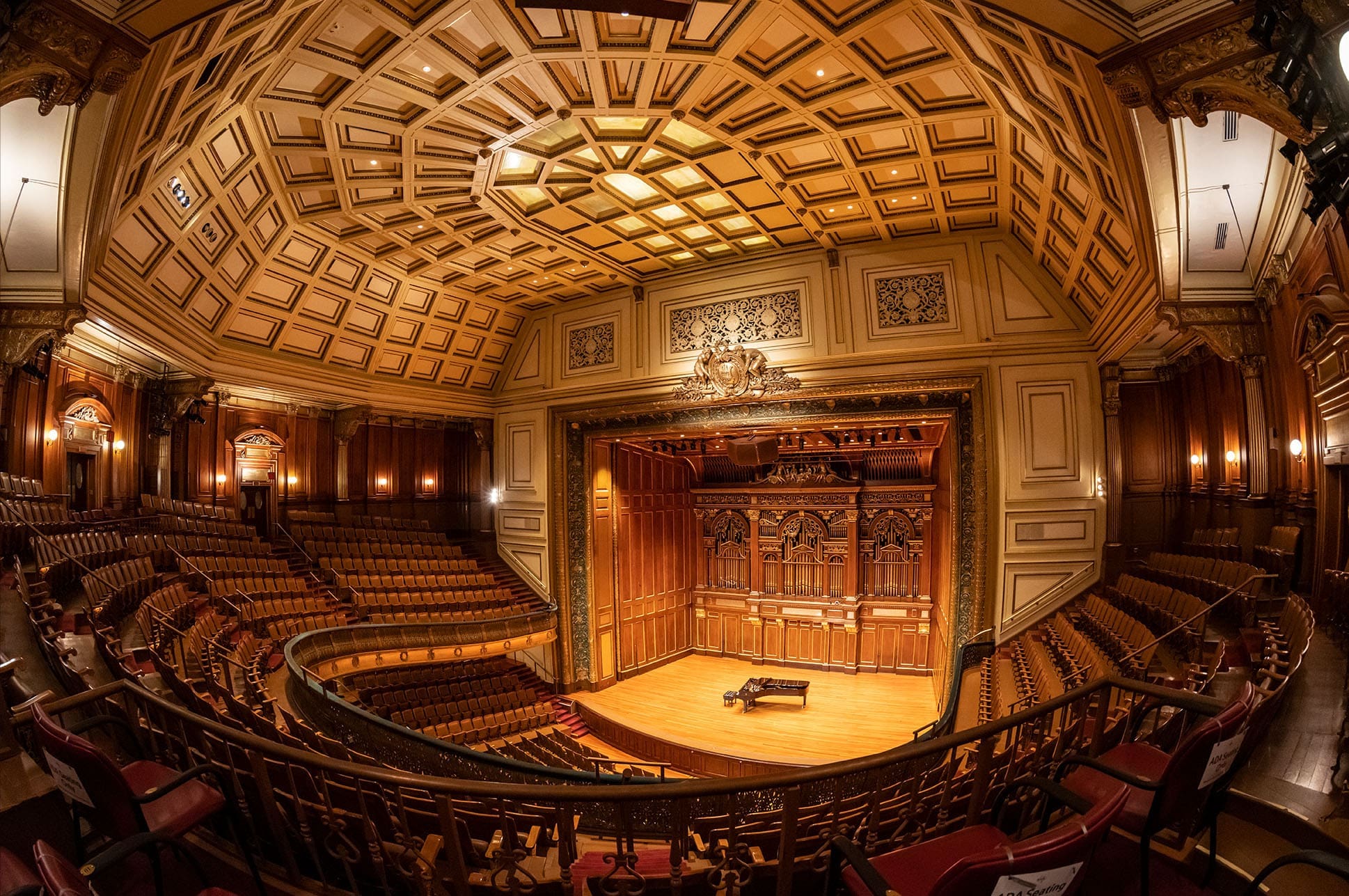Now Streaming: Jordan Hall

NEC-produced concerts are streamed on this page. For streaming and program information, please see the concert’s event description.


NEC-produced concerts are streamed on this page. For streaming and program information, please see the concert’s event description.
